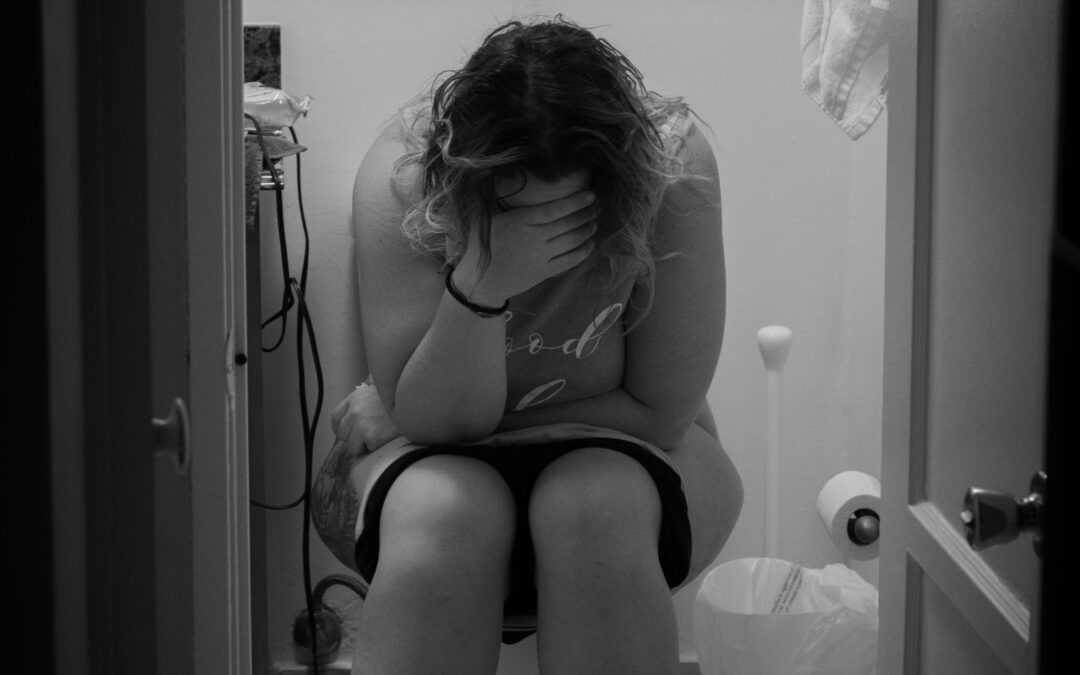Constipation happens when you experience infrequent bowel movements, and stool gets difficult to pass. This could occur due to several reasons.
The technical definition of constipation is to have less than three bowel movements in a week.
Other characteristics associated with constipation are dry and hard stools, painful stools, or a feeling that you have not fully emptied your bowels.
What are certain conditions when you can get constipated?
If you are an elder, then your activity is limited. These lead to a slower metabolism and less muscle contraction along the digestive tract.
In pregnant women or those who have recently given birth, there are hormonal changes that may cause constipation. Also, the baby pushes the intestines, slowing stool passage.
Less fibre intake is another major cause of constipation. Certain medications and neurological disorders are also common conditions in which constipation is likely to occur.
How does constipation happen?
When your colon absorbs too much water, this dries out and hardens the stool. This happens when you are constipated, and the colon gets extra time to absorb water from the waste as it passes slowly. This leads to difficulty in pushing out a stool.
What are the causes of constipation?
Some everyday lifestyle causes include fewer fiber foods, less water intake, less activity, changes in daily routine, more dairy products than usual, stress and resisting bowel movements.
Medicines that cause constipation are narcotics, Non-steroidal anti-inflammatory drugs, Antidepressants, Antacids, antiallergic medicines, certain antihypertensives, Iron pills, psychiatric medicines, anticonvulsants and antinausea medicines.
Medical conditions that lead to constipation are hypothyroidism, diabetes, colorectal cancer, irritable bowel syndrome, multiple neurological conditions, diverticular disease, intestinal obstruction, structural defects in the digestive tract, several organ diseases and pregnancy.
What are the tests performed to determine the cause of constipation?
In case of a chronic condition, visiting your doctor is essential. He may access you through different questions and examinations. He can suggest specific lab tests to figure out the culprit behind your condition, such as urine tests, thyroid profile, complete blood profile and blood glucose levels. Stool samples may also be advised to detect the presence of any infection or cancer.
Imaging tests such as MRI or Ct scans may also be suggested in some instances for a deeper evaluation.
A colonoscopy is another procedure to get an inner view of your colon. A biopsy is performed during this procedure to rule out any cancerous growth or polyps.
What are the treatment options for constipation?
Most cases of constipation can easily be managed at home and don’t require any professional intervention. You just need to increase your water intake by adding two-four glasses extra to your daily water volume. Avoid alcohol or caffeine that may cause dehydration. Add fruits, vegetables, prunes, brain cereals, whole grains and other high-fiber items.
Increase your everyday activity and add an over counter laxative to your daily routine if you feel the need. And most importantly, stay focused and do not do anything else while trying to move your bowels.
Are there chances of surgical procedures to treat constipation?
It is doubtful to need surgery for constipation treatment. But surgical intervention would be required if structural problems of the colon, such as narrowing or blocking of the colon, etc., are causing constipation.
Constipation could be a short-term situation or an indication of something bigger. That is why taking care of your bowel movements is essential, and not shy away while discussing things in detail with your consultant.

